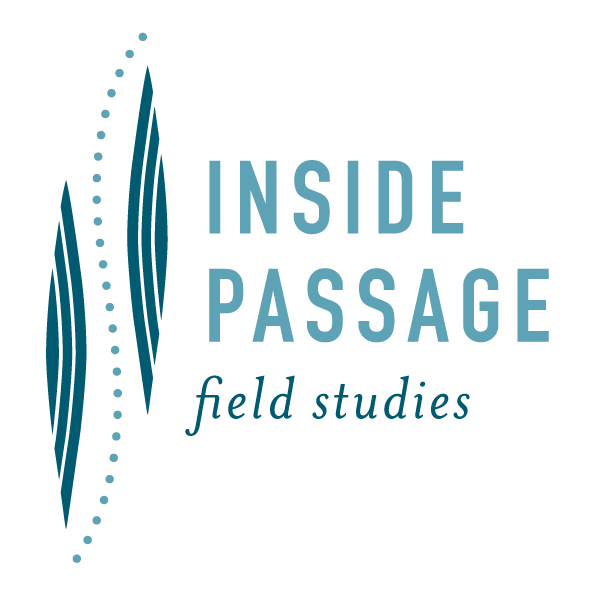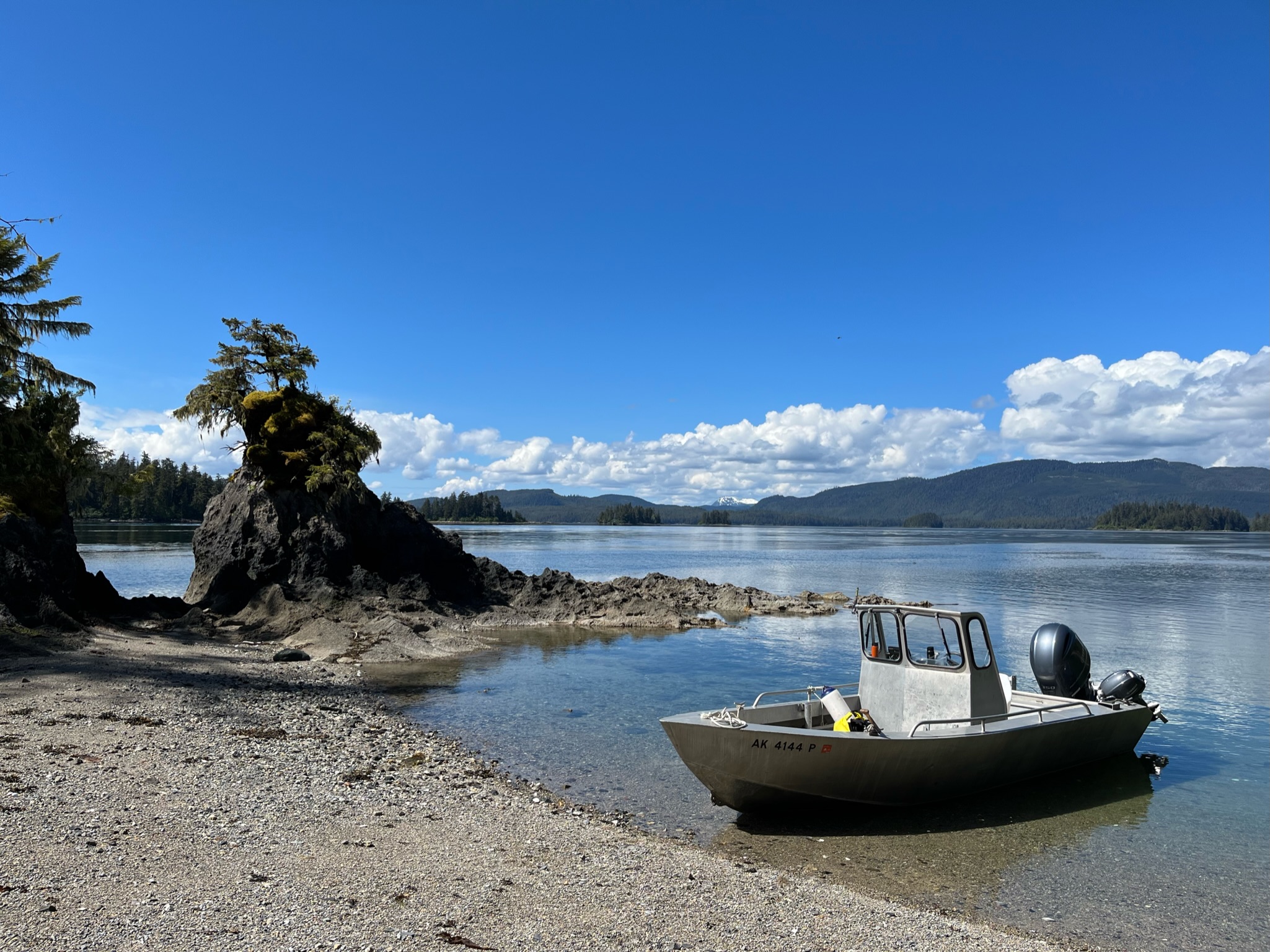IPFS operates research programs that build knowledge about southern southeast Alaska’s lands, waters, and communities. Our programs and partners inform public land management efforts and support community leaders in their work. We welcome scholars from around the country and the world and provide them with on-the-ground experience, relationships and logistical support. We have three program tracks: hosted research, the Tongass Fellows program, and staff research.
Alaska’s Inside Passage is the largest intact temperate rainforest in the world. Composed of more than 1,000 islands, vast kelp forests, and wild rivers, it’s also one of the oldest ecosystems in Alaska. It has been home to Tlingit, Haida, and Tsimshian people for more than ten thousand years. Today, most of it is part of the Tongass National Forest. At 16.7 million acres, the Tongass is our largest national forest by far. By one estimate, the trees that thrive here hold more than 40% of the carbon stored by National Forests in the United States.
IPFS’ facilities in Coffman Cove serve as a jumping off point for investigations on Prince of Wales Island and across southern southeast. We have worked with researchers across the physical and social sciences exploring topics like wolf biogeography, collaborative land management, fisheries economics, speleothems in karst caves, archaeology, watershed restoration effectiveness and rural development. There is a tremendous variety of research needs in our region; they’re across and among ways of knowing, disciplines and spatial and temporal scales. Many information gaps, if filled, should affect the decisions that land managers make for decades to come.
Learn more about Alaska’s Inside Passage in Audubon’s Ecological Atlas of Southeast Alaska.
Contact us to learn more about research with IPFS.

